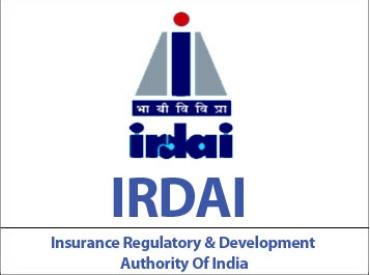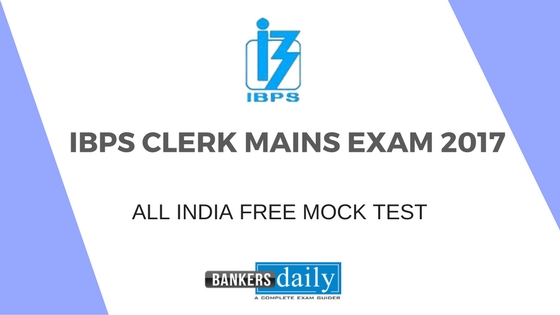Important points about Bharat 22 ETF for IBPS PO/CLERK Mains Exam 2017
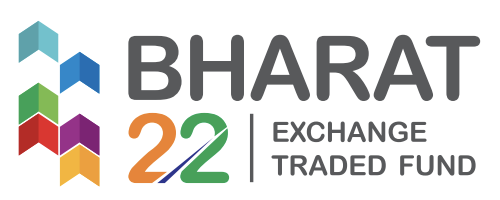
Union Government Launched Bharat 22 ETF
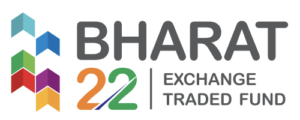
The Government of India launched the BHARAT-22 Exchange Traded Fund (ETF) managed by ICICI Prudential Mutual Fund targeting an initial amount of about Rs. 8,000 crores. This New Fund Offer is open till November 17, 2017. The Units of the Scheme will be allotted 25% to each category of investors. In this ETF, the Retirement Fund has been made separate category of Investors. In case of spill-over, additional portion will be allocated giving preference to retail and retirement funds. There is a 3% discount across the board.
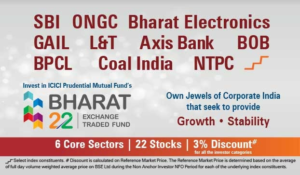
The strength of this ETF lies in the specially created Index S&P BSE BHARAT-22 INDEX. The shares of the Government companies represent 6 core sectors of the economy –
- Finance
- Industry
- Energy
- Utilities
- Fast Moving Consumer Goods (FMCG)
- Basic Materials.
The Index constituents include leading Maharatanas and Navratanas such as
- Coal India
- GAIL
- Power Grid Corporation of India Ltd. (PGCIL)
- National Thermal Power Corporation (NTPC)
- Indian Oil Corporation Ltd.,
- Oil & Natural Gas Corporation (ONGC)
- Bharat Petroleum
- National Aluminum Company (NALCO)
three Public Sector Banks such as SBI, Bank of Baroda apart from the
3 private sector companies
- Larsen & Tubro (L&T)
- Axis Bank
- ITC.
The Government of India is undertaking many Key Economic Reforms which is driving growth in these sectors of economy. The major reforms such as mentioned below for which market expert believe will fuel the growth in the economy and may benefit the underlying stocks in ETF.
Finance: Insolvency and Bankruptcy Code 2016, Digital and Cashless Economy, Listing of Insurance companies, Bank recapitalization and Goods and Services Tax (GST).
Commerce: Liberalization of Foreign Director Investment (FDI) in India
Oil: Direct Benefit Transfer of LPG subsidies, Introduction of Daily Fuel pricing, Consolidation of Govt. run oil companies.
Energy: Revival package for electricity distribution companies of India (DISCOMs).
Through this instrument, the Government of India is divesting multiple stocks spread across various sectors in one bundled instrument thereby reducing over hang on individual stocks and maximizing sale proceed for the Government. This is expected to benefit long term and retail investors by providing an opportunity of participation in equity stocks of the Government run companies and earn stable returns.




